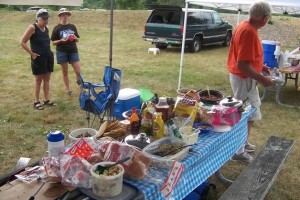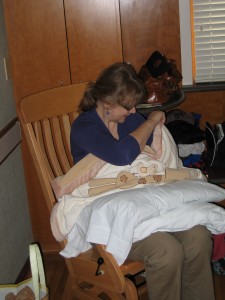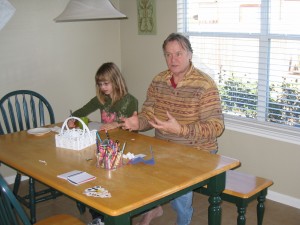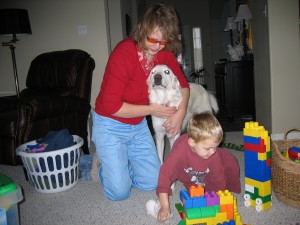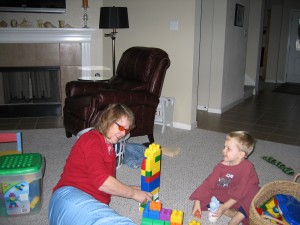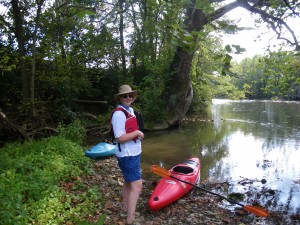Another one of those incomplete messages came my way. I was reading again while waiting for a meeting. And the headline was ‘Face facts about sugar.’ There it was. A statement, with no link to the published medical research and no mention of a journal it was published in. The magazine is a 2012 one. But when I went to search for research related to the idea that “Consuming sweets can damage skin’s collagen”–the article’s claim–I found research that was published in 1998 and conducted on male rats [see http://jn.nutrition.org/content/128/9/1442.short]. OK, interesting. But it seems worthy of at least a descriptive study in humans. And worthy of including female humans. While we might not want to volunteer for a randomized clinical trial in which we get assigned to a group that eats, let’s say, the amount of sugar that is ‘average’ or eats no sugar at all, it seems like there may be some ‘natural’ study groups out there to observe and survey. Folks who simply don’t eat sugar or eat very little sugar. Let them provide photos of their faces, or some lab work relating to collagen levels. Compare the results to a group that eats more ‘normal’ levels of sugar. Factor in whether they are male or female, how old they are, and a few of the other correlates related to collagen–such as lifetime sun exposure [see, for example, http://www.ncbi.nlm.nih.gov/pubmed/8642084]. It would be interesting to ‘see’ if there are differences in the appearance and would give us some actual ‘human’ face facts.

